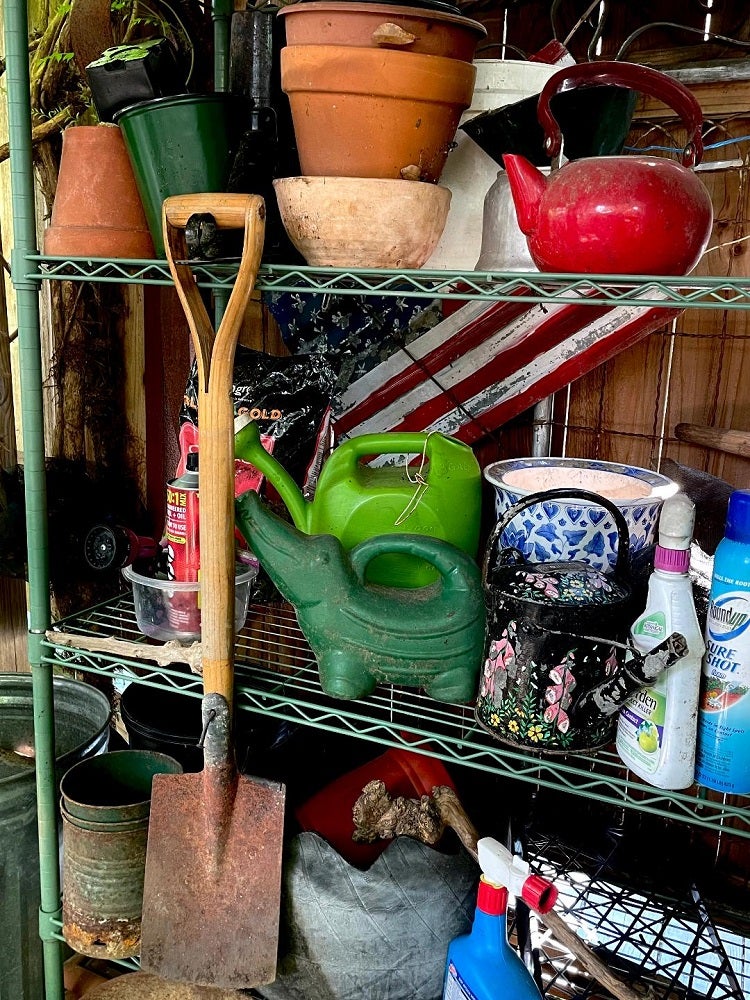Woulda, shoulda, coulda, part 2
Published 7:00 am Saturday, September 24, 2016
James, who had polished his pity routine to a fine art, knew the weak link was the softness of his mother.
However, he did not count on both of his parents having had enough of him, and his self-pity. “Mom, I only need another chance to get back on my feet,” James whined, while looking away from his father.
Without taking a breath, the frustrated Janet told her startled child, “Stop it! Just stop it! You are well past the age to stand up for yourself. Your dropping out of school, having a child, not holding a job, your drinking and general lack of responsibility have gone on long enough. This morning we are going to have a serious talk about your future, along with the current excuses and choices you are making to make sure your life is miserable.”
Stunned, James had to admit, even in the face of regular denial, he was not headed to a bright future. He knew, deep down, his parents loved him very much, and the comment, “we do not want you here,” had brought him to his full senses and a recognition that, this time around, he was going to have to pay real attention.
“Son,” the father began,” there are many people who go through life with the ‘Woulda, Shoulda , Coulda,’ philosophy of life. They regularly blame their own attitudes and feeble efforts as, somehow, outside of their control, when it is so very much within their control and the choices they make.
They offer the excuse, ‘If only if this had happened, I would have been able to…’ or, ‘This should have happened, but it did not, so I had no other way,’ and even, ‘I can’t, or even if I were able, I could not do it.’ This ‘Woulda, Shoulda, Coulda,’ has become your philosophy of life. It has become the excuses you readily find to permit your improper choices and behaviors, and increase your misery.
Accepting this reality, and understanding our desire to want the best for you, will set you on a much better road.
Janet continued, “Yes, we don’t want you here, but it is not because we do not love you, but because of it.
No, you cannot change the reality of bringing a new life into this world, but you can be a responsible parent, even if you cannot work things out with your girlfriend, and we have the law behind us to allow it.
However, in all things you have a responsibility, primarily to yourself, to accept being an adult and will only grow when you really understand this.
We know you did not like school, but getting your GED will help with the employment, along with being there each day and on time.
Now, your father and I have decided to give you until 4 o’clock this afternoon to digest what we have told you, and respond with a specific plan. If, and it is a big if, we can arrive at a mutual agreement on your plan, then we shall provide you with the support you seek.
Understand, that if you make the choice to be here, and it shall be your choice to go ‘off-plan,’ then you have made the choice of your departure and the inability to return here.”’ The mother concluded, “Is this clear to you?”
James arose, saying, “Yes, very clear,” and then hugged his parents; with an expression of purpose etched upon his face. Promptly, at 4 o’clock, he asked his parents to join him in the dining room.
Like James Foster, there are many who go through life with a constant bevy of excuses as to why “things,” did not go their way and the portent of it continuing.
Even given the vagaries of life, the vast majority of what happens to them is of their own making.
Are they only them…or are they us, even in part? Consider this unfortunate philosophy of ‘Woulda, Shoulda, Coulda.’
When others are blamed, or events, when standing tall is required and positive action taken, then false excuses only inhibit growth, quite fleetingly satisfy our egos and deny our real potential.
Changing the base life philosophy to, “Will, Shall and Can,” is such a refreshing change for all of the excuse makers and for those who find themselves in the darkness of accepting flawed reason in their lives.
By Fr. Jonathan J. Filkins




